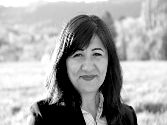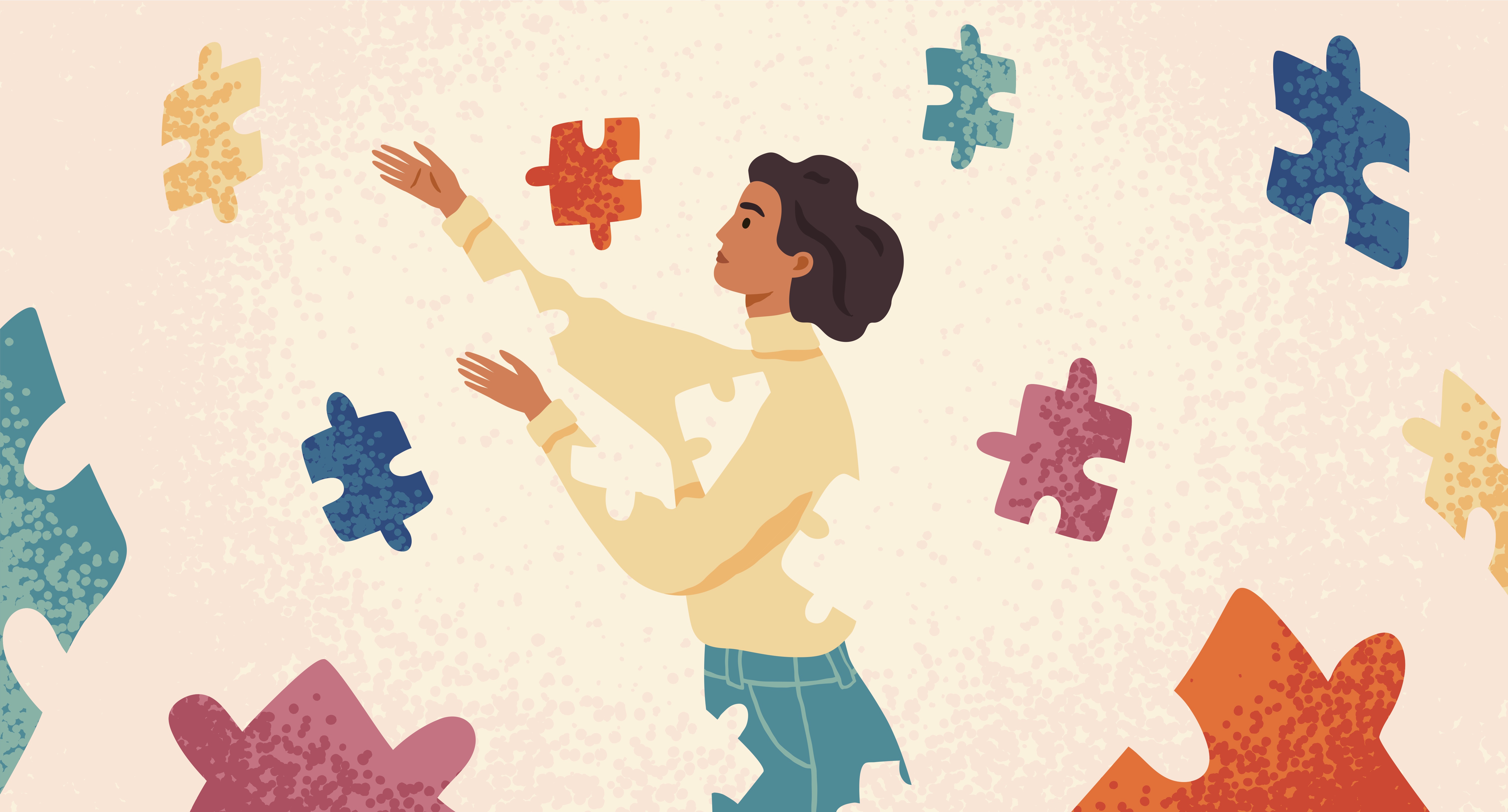“Privilege” is a word that is often heard in spaces that discuss social issues. Some people are privileged in society based on specific aspects of their identity. These aspects may include race as a social construct, class, gender, sexual orientation, language, geographical origin, disability, and religion.
Privileged groups wield control over oppressed groups. Privileged people are more likely to be in positions of power – for example, they are more likely to dominate the political space, be upper class, and influence the media and executive power in business. These privileged people may use their position to benefit others like themselves – that is, other privileged people. We often look at privilege through an individual rather than a systemic lens. Without denying individual experiences, we must try to understand privilege in terms of social systems and patterns. We need to look at the rule rather than the exceptions to the rule.
You could jump so much higher when you had somewhere safe to fall.
The aspects of our privileged identity affect the elements that are oppressed. Yes, privilege and oppression influence each other – but they do not cancel each other out. We often think we cannot be privileged when we are also oppressed. The aspects of our privileged identity affect the elements that are oppressed. Yes, privilege and oppression influence each other – but they do not cancel each other out.
When the word ‘privilege’ is used in a social justice context, it means something different from its usual usage. Often, ‘privileges’ and ‘special advantages’ are used synonymously. As a result, we often hear: “X is a privilege, not a right”, to say that X is not due. Because of this habitual use of the word ‘privilege’, people often get upset when others point out some of their privileges.
We don’t use the term ‘privilege’ because we don’t think everyone should be treated equally. Instead, we use the term ‘privilege’ to acknowledge that not everyone is treated equally.
People often get defensive when someone points out that they have certain privileges. And I understand perfectly why – to understand the concept of privilege, I used to react the same way. Many people associate having privilege with having an easy life. So, they feel personally attacked when their privileges are pointed out. It’s as if they were told they never had a hard time or had to work hard. That’s not what having privilege means.
You can have the privilege and still have a tough life. Having privilege does not mean your life is straightforward but more accessible than others. I saw a brilliant comparison between white privilege and bicycle transportation in a city made for cars, which inspired me to extend this analogy to privilege in general.
Let’s say you and your friend decide to go cycling. You are going to ride the same distance but on different routes. You are taking an uneven, slightly downhill road. It’s scorching, but you usually have the wind on your back. Eventually, you reach your destination, but you get sunburned, your legs hurt, you’re out of breath, and you cramp up.
When you meet up with your friend, she tells you her journey was horrible. Her road was just as uneven, but it was always uphill. She has several sunburns because she didn’t have any suncream. At one point, a strong gust of wind knocked her down, and she hurt her foot and ran out of water halfway up. When you tell her about your journey, she says your experience seems easier than hers. Does this mean that you didn’t pedal as hard as you could? That you didn’t face any difficulties? That you didn’t work hard? No. It means that you face different obstacles.
Having privilege does not mean your life is easy or you have not worked hard. It just means you don’t have to face certain obstacles other people face. But, conversely, it means that life is more challenging for those who don’t have the systemic privilege you have.
So what to do now?
It is often thought that feminists and activists point out people’s privileges to make them feel guilty. This is not the case! Our aim is not to make you feel guilty. On the contrary, we invite you to join us in fighting systems that privilege some people and oppress others. Guilt doesn’t help anyone: it makes us feel ashamed, which prevents us from speaking out and making a difference. As Jamie Utt writes: “If guilt about privilege prevents me from fighting oppression, it’s another tool of oppression.”
You don’t have to feel regretful about having privilege: sometimes it’s not in your control; it’s not something you chose. Guilt keeps us immobile and stuck, and we don’t want to stay static but to be dynamic. Turn your privilege around to fight oppressive systems rather than perpetuate them. So what can you, as a person with privilege, do? Understanding the concept of privilege is a start, so you have already begun!
Much information is online, so I recommend reading more about oppression and privilege to expand your understanding. The links provided in this article are a good start. But more than knowledge is needed. We need to act.
Listen to the people involved when they speak out about their oppressions. Learn to work in solidarity with oppressed groups. Join activist and feminist communities to support those who are less privileged than you. Inform other privileged people about their privilege and what it means. Above all, remember that your privilege exists.


